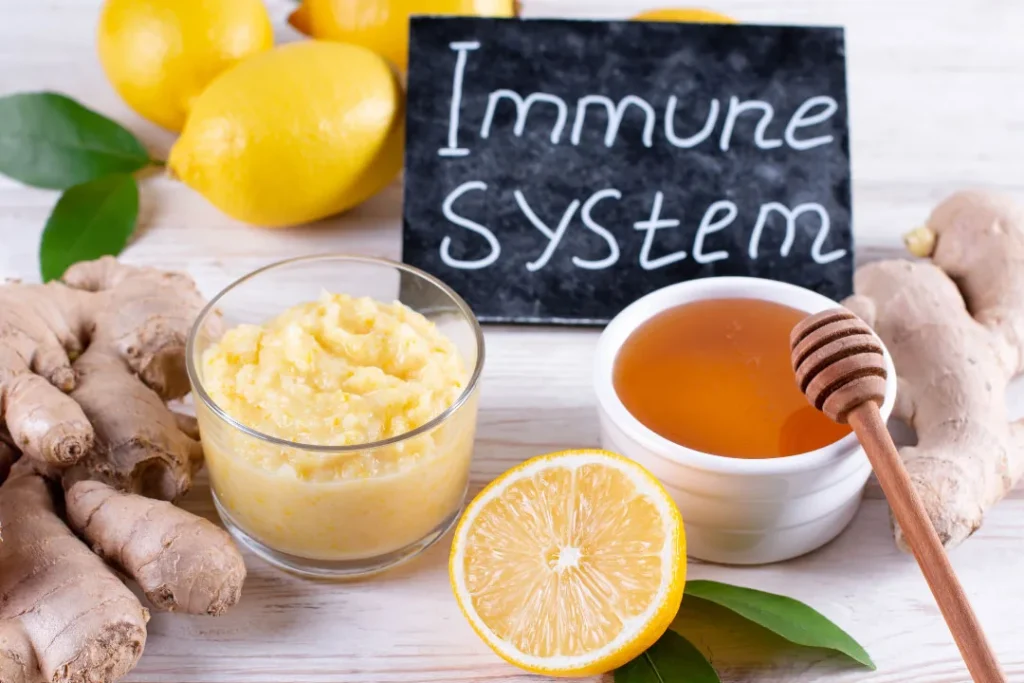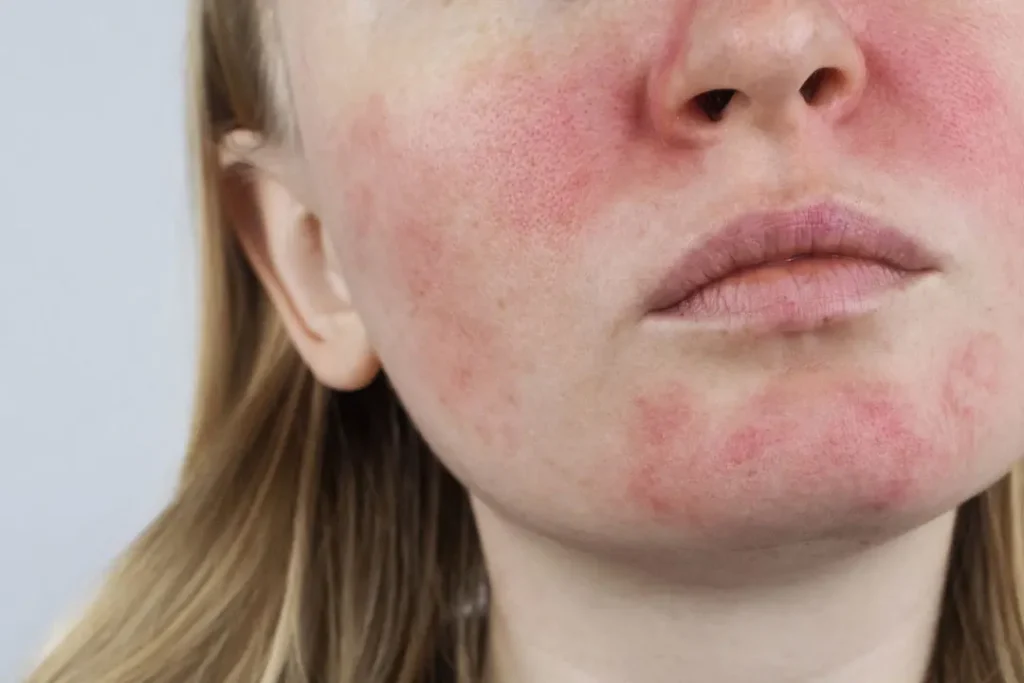Originally from Europe, elderflower is a flower that blooms on the Sambucus nigra plant, which is now found all over the world. It is revered for its lovely cream-colored blossoms and has been used in traditional medicine and cooking for ages. The elderflower is not only beautiful to look at, but it is also a rich source of bioactive substances, such flavonoids and phenolic acids, that are linked to a number of health advantages. This page gives a thorough description of the elderflower, covering its characteristics, health advantages, recommended dose, negative effects, possible drug interactions, and responsible use. It also delves deeply into elderflower chemistry and the physiological processes that underlie its effects on the body and brain.
You May Also Like:
5 Great Nootropic Herbs for Focus and Mental Clarity
5 Great Nootropic Herbs for Energy, Focus, and Productivity
Elderflower: Benefits, Dosage, Side Effects, Drug Interactions, and Other Important Information is an original (NootropicsPlanet) article.
The Nature of Elderflower
The elder tree (Sambucus nigra), a deciduous tree that bears clusters of tiny white or cream blooms, is the source of elderflower. These flowers are collected for their powerful therapeutic qualities as well as their tasty aroma. Elderflower contains flavonoids, phenolic acids, triterpenes, and sterols, all of which are bioactive substances. The flavonoids and phenolic acids are regarded to be particularly important in the health advantages of elderflower intake.
Health Benefits of Elderflower
The abundance of antioxidants, anti-inflammatory substances, and other bioactive components in elderflower is what gives it its health advantages. Key advantages might include respiratory benefits, immune health boost, and cardiovascular protection.
Elderflower has a long history of usage in traditional medicine to improve respiratory health, possibly because of its flavonoid content and anti-inflammatory properties. The high antioxidant content of elderflower, especially flavonoids like quercetin, may help to boost the immune system.
Although more research is needed in this area, flavonoids found in elderflower have also been linked to cardiovascular advantages including lowering blood pressure and enhancing heart health.

Chemistry of Elderflower
The specific chemical composition of elderflower is what gives the plant its distinct qualities. It has a variety of bioactive substances, including sterols, triterpenes, flavonoids, and phenolic acids. In particular, flavonoids and phenolic acids stand out due to their substantial role in the elderflower’s alleged health advantages.
Rutin and isoquercitrin are two flavonoids known for their antioxidant properties. By assisting the body in scavenging dangerous free radicals, these substances lessen oxidative stress. Other noteworthy phenolic acids found in elderflower include caffeic acid and chlorogenic acid. In several investigations, they have proven to have anti-inflammatory and antibacterial effects. The elderflower’s usage in conventional medicine and contemporary herbal remedies is supported by its chemical makeup.
Physiological Mechanisms of Action
Elderflower’s physiological effects on the human body are intricate and include several biological pathways that are regulated by its bioactive components. Elderflower flavonoids including isoquercitrin and rutin have strong antioxidant properties. These substances lessen oxidative stress in the body, which is linked to multiple chronic illnesses, including cardiovascular disease and neurological disorders, by scavenging free radicals.
Elderflower also contains phenolic acids, including chlorogenic acid and caffeic acid, which may help explain why it has anti-inflammatory effects. These substances prevent the cytokines, which cause inflammation, from being produced. Due to the presence of different phenolic compounds, elderflower has demonstrated potential antibacterial action as well. These bioactive substances help the body defend itself against some diseases by preventing the development and spread of dangerous microorganisms.
Additionally, elderflower, which is rich in flavonoids, has been linked to a number of health advantages, including immunological control and support for the heart. Rutin, for instance, has been shown to increase blood flow and protect the heart, while isoquercitrin has shown to modulate the immune system.
These physiological processes highlight the elderflower’s potential health advantages and its use in both conventional and cutting-edge herbal therapy. To completely understand the mechanisms at work and validate the medicinal benefits of elderflower, more scientific study is required. Like with any natural supplement, it’s important to use it responsibly and under a doctor’s supervision.

Optimal Dosage of Elderflower
There isn’t yet a single dose for elderflower that is recognized worldwide. The method of ingestion (tea, tincture, etc.) and desired health benefit influence its use and dose. It is advised to adhere to the dose guidelines given by a healthcare professional or the maker of the particular elderflower product.
Side Effects of Elderflower
Consuming elderflower in moderation is usually regarded as safe. Overconsumption, like with any supplement, might have negative effects. Skin irritation, allergic responses, and digestive disturbances are examples of potential adverse effects. Women who are expecting or nursing should not drink elderflower without first consulting a healthcare professional.

Potential Substance Interactions with Elderflower
It is important to be aware that elderflower may interact with diuretics because to its potential diuretic effects, even if thorough information on possible interactions between elderflower and other medications is missing. As usual, get medical advice before using elderflower along with any medicine or dietary supplement.
Best Responsible Uses of Elderflower
There are several ways to ingest elderflower, including as teas, tinctures, and cordials. It is a well-liked component in many culinary applications due to its delicate flowery taste. When taking a medication, it’s important to think about any possible interactions and adverse effects and to speak with a doctor.
Elderflower:
Conclusion
If you have been looking for ways to naturally reduce mucus and increase your respiratory health, elderflower is a safe and impactful solution to your inflammatory woes. Elderflower is used in a variety of products, ranging from beverages and topical remedies to candles and perfumes. Even though elderflower generally seems safe for most people, it is best to refrain from using it if you are pregnant, breastfeeding, or prone to food allergies, unless otherwise instructed by your healthcare provider. As more insight into the physiological benefits of elderflower is uncovered, we will continue to use the plant to aid in proper heart and organ function.

References:
- Elderflower (Sambucus nigra). University of Michigan Medicine. Retrieved From: https://www.uofmhealth.org/health-library/hn-2099008
- Antioxidants: In Depth. National Center for Complementary and Integrative Health. Retrieved From: https://www.nccih.nih.gov/health/antioxidants-in-depth
- Flavonoids: Antioxidants Help the Mind. American Association for the Advancement of Science. Retrieved From: https://www.sciencemag.org/news/2007/04/flavonoids-antioxidants-help-mind
Important Note: The information contained in this article is for general informational purposes only, and should not be construed as health or medical advice, nor is it intended to diagnose, prevent, treat, or cure any disease or health condition. Before embarking on any diet, fitness regimen, or program of nutritional supplementation, it is advisable to consult your healthcare professional in order to determine its safety and probable efficacy in terms of your individual state of health.
Regarding Nutritional Supplements Or Other Non-Prescription Health Products: If any nutritional supplements or other non-prescription health products are mentioned in the foregoing article, any claims or statements made about them have not been evaluated by the U.S. Food and Drug Administration, and such nutritional supplements or other health products are not intended to diagnose, treat, cure, or prevent any disease.


